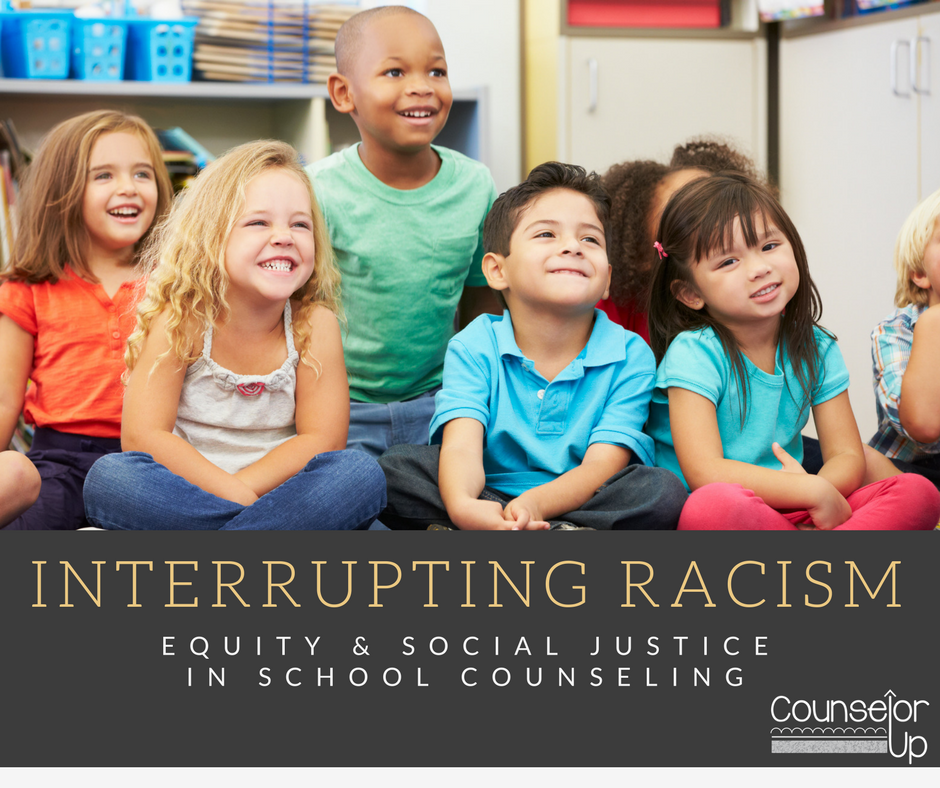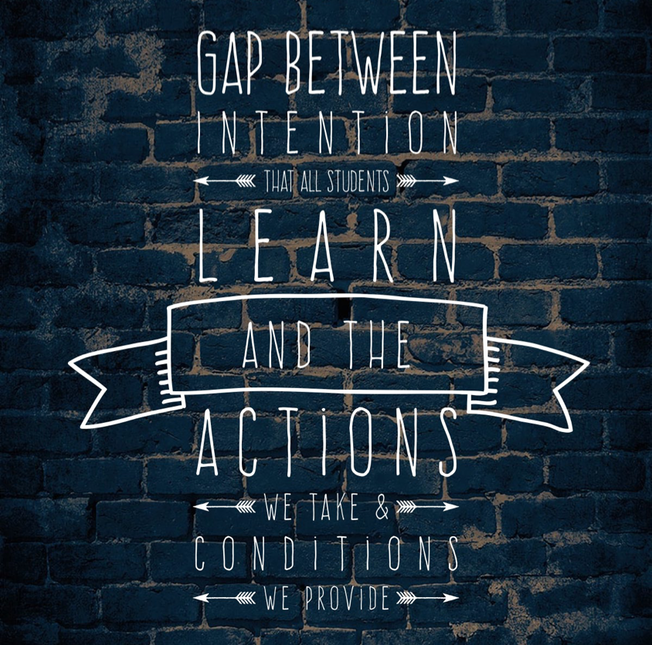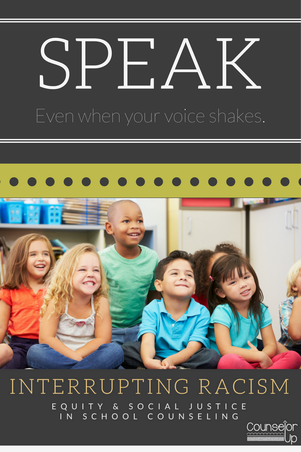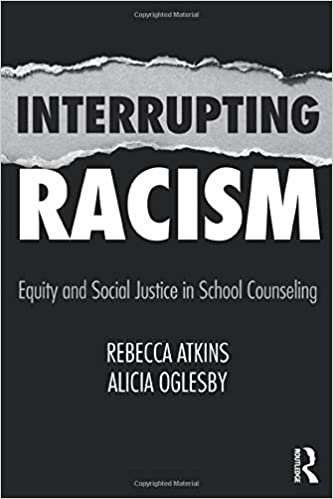Misty Copeland
Becoming Comfortable with the Uncomfortable.
To help your staff become more comfortable with difficult conversations, try some of these tips:
- Access the Affective: Begin conversations with some easy topics. You can break groups into pairs and have them share something simple about themselves. What did you eat for lunch today? Switch pairs and up the ante each time. As you access the positive feeling of chatting, people will be more comfortable when you finally land on the more difficult questions.
- Practice Courageous Listening: Create a space for people to share their experiences (schema). Allow the space to use you own schema (not society's) to help us change and grow. We all have different stories and our different stories are who we are.
Implicit Bias
Project Implicit, originally associated with Harvard University, "is a non-profit organization and international collaboration between researchers who are interested in implicit social cognition - thoughts and feelings outside of conscious awareness and control. The goal of the organization is to educate the public about hidden biases and to provide a “virtual laboratory” for collecting data on the Internet."
Project Implicit characterizes implicit stereotype as one that occurs outside of conscious awareness and control. For instance, if you say that you believe that men and women are equally good at math, it is still possible that you associate math with men without knowing it. This would be an implicit math-men stereotype. This also applies to race. You might truly believe that all races are equal and still have implicit stereotypes. Project Implicit has online tests you can take to see how biased your thinking may be.
Interrupting Old Habits
- Knowledge is not understanding
- Sometimes you have a way of thinking in your head that you cannot change even if you want to
- Truth is truth no matter what I think about it. Be careful about how you look at things because you always carry a bias whether you think you do or not
5 Ways to Interrupt Stereotypes & Racism
- Keep data and disaggregate for race: be open to the idea that change is needed, hold yourself and your school accountable
- Consistently include issues related to race: no more sweeping under the rug
- Practice Interruption: speak even when your voice shakes
- Know your resources in your community, in literature, in the media: you will need resources to ignite change
- Check Yourself











